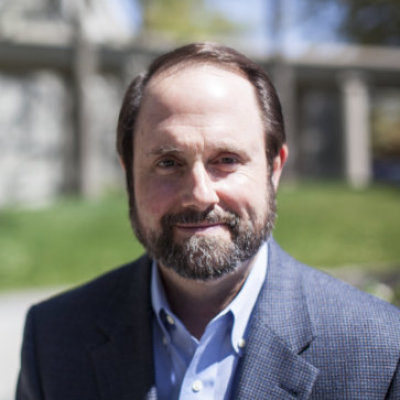‘This virus ain’t that serious’: The fallacy of relativism and urgency of truth

Young people are becoming seriously ill from coronavirus. According to a new federal study, up to 20 percent of people hospitalized with the disease in the US are between the ages of twenty and forty-four.
This is especially urgent news given that many young adults seem not to be as concerned about the disease as they should be.
One young man who is partying in Miami for spring break told a reporter, “If I get corona, I get corona. At the end of the day, I’m not going to let it stop me from partying.” Another said, “It’s really messing with my spring break” and added, “I think they’re blowing it way out of proportion. I think it’s doing way too much.”
Another told reporters that addressing hunger and poverty deserved more attention than the pandemic and added, “This virus ain’t that serious.”
I have written elsewhere about the urgency of battling this disease together by adopting the mindset that we are at war with the pandemic. In this post, I want to focus on the rejection of authority that is helping to spread the disease.
The fallacy of relativism and urgency of truth
President Franklin Roosevelt assured Americans during the Great Depression, “The only thing we have to fear is fear itself.” He might say to the spring break partiers in the Washington Post article, “The only thing we have to fear is the fact that you have no fear.”
Theirs is a generation raised on postmodern relativism and its claim that there are no absolute truths. They have been taught to question and challenge all authority, from the White House to their professors to the law enforcement professionals on the Miami beach. In their worldview, truth is what they believe it to be.
And they think their opinion that “this virus ain’t that serious” is just as valid as the dire warnings coming from some of the world’s top medical experts.
However, SARS-CoV-2, the virus that causes coronavirus, is not impressed with such relativism. It can infect anyone, whether that person considers it to be serious or not. And that person can pass it to others who are at grave risk from the disease, whether they know it or not.
Perhaps one of the positive results from this tragic pandemic will be a return to objective truth and morality. Perhaps people who think “their truth” is as valid as God’s truth will learn that, as British philosopher J. V. Langmead Casserley noted, jumping from a tenth-story window doesn’t break the law of gravity—it illustrates it.
And perhaps Christians will redouble our commitment to “speaking the truth in love” (Ephesians 4:15), noting that the latter requires the former.
What steps will you take to align your life fully with God’s transforming truth?
How will you share his word with those who need it today?
Originally posted at denisonforum.org




























